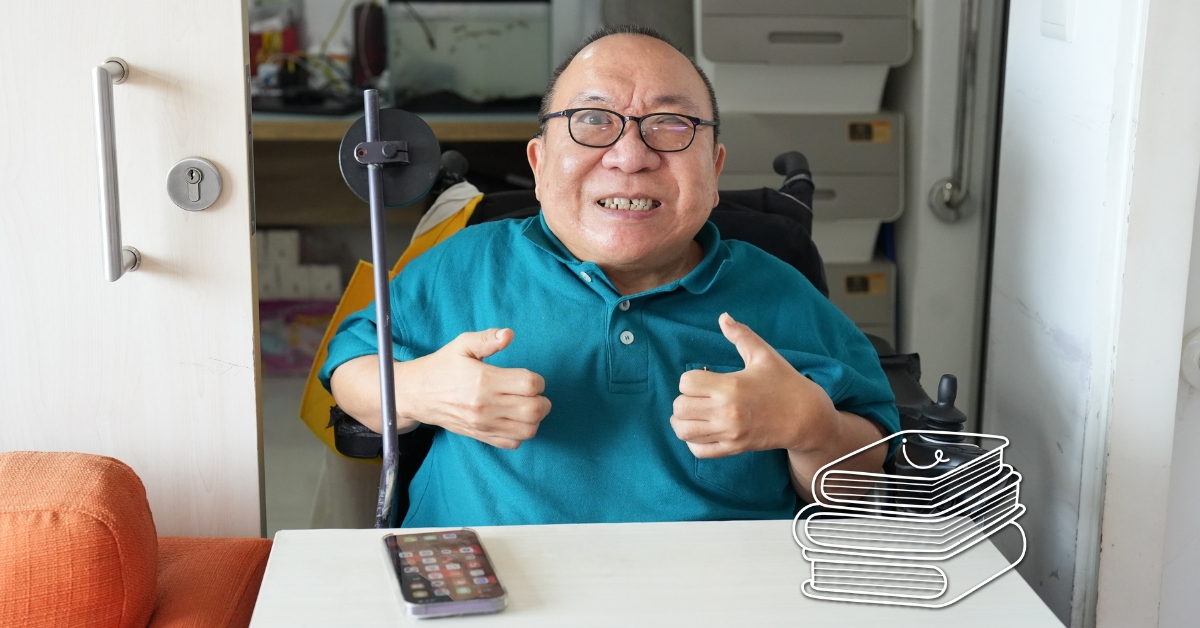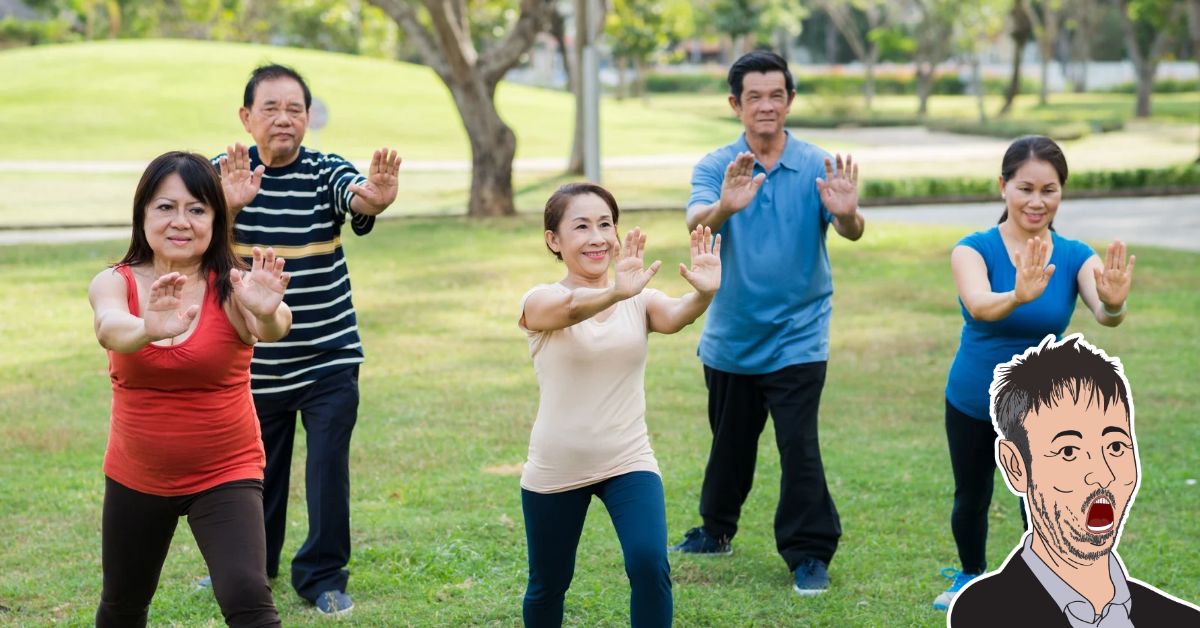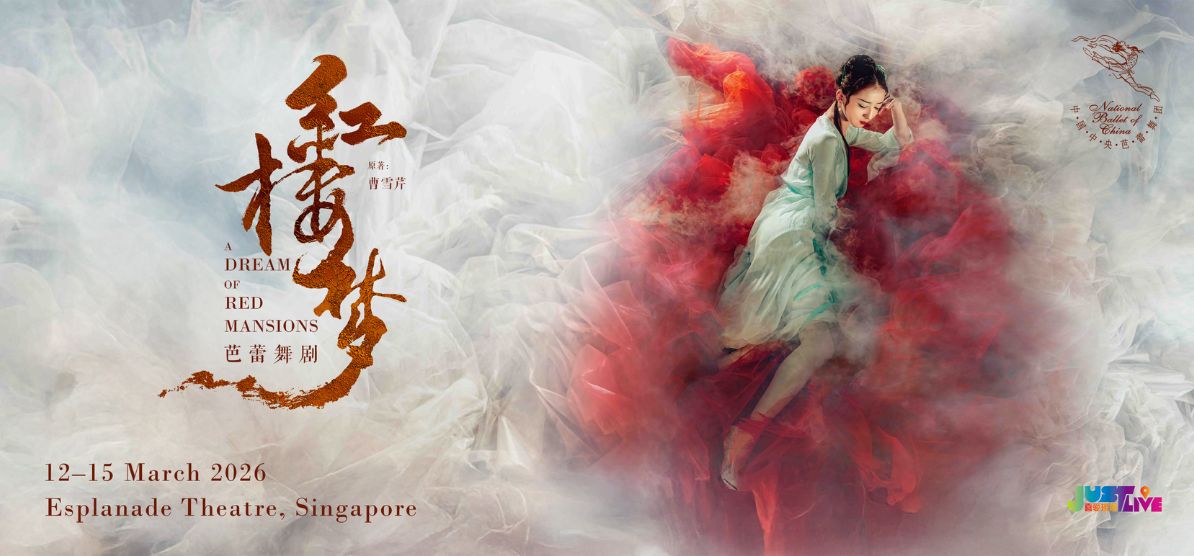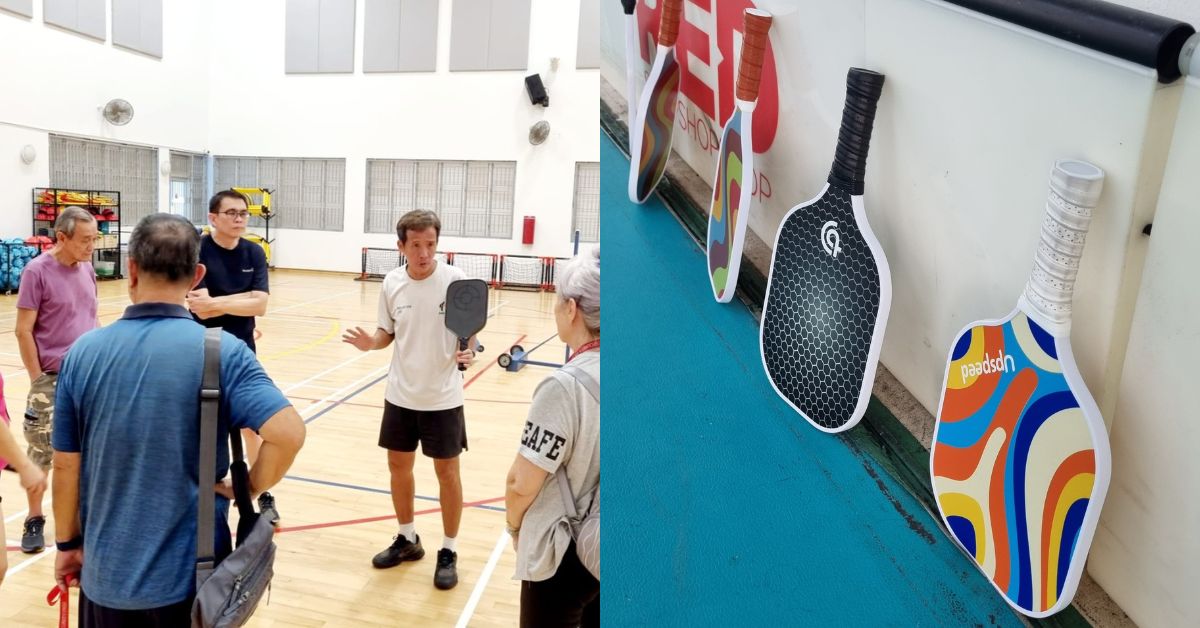
It is 9.30am on a Friday morning, and the only sound breaking the relative stillness of the sleepy Serangoon North suburb – aside from chirping birds – is the distinctive thwack of ball on paddle from a pickleball game. It’s a sound unmistakable to Singapore’s growing troop of ardent pickleball players, swept up in an old-timey sport that saw a revival during the pandemic.
The renewed craze for the cross between badminton, tennis, and table tennis – first invented back in 1965 by a trio of American dads looking to entertain bored children for a weekend – is biggest in its birth country, where more than 48.3 million players – or more than 14% of the country’s entire population – picked up the paddle from 2022 to 2023, making it the fastest-growing sport in the nation for five consecutive years in a row.
The fervour for pickleball has since made its way to other countries across the globe, Singapore included. According to the Singapore Pickleball Association, there are between 1,500 to 2,000 active pickleball players in the country as of last year.
Apart from the accessibility and adaptability that sent the sport’s popularity soaring over the net, part of its growth in Singapore can be attributed to the growing network of around 30 to 40 pickleball interest clubs dotted around the island.
This includes Top Pro Pickleball, one of the largest local clubs with around “400 to 500” members all in, says Roger Ho, 62, a former physical training instructor with the Singapore Armed Forces and founder of the troop. He takes a break from a coaching session with his club members at Serangoon North to speak to SilverStreak about the pickleball craze.
Advertisement
Pickleball clubs offer community and coaching
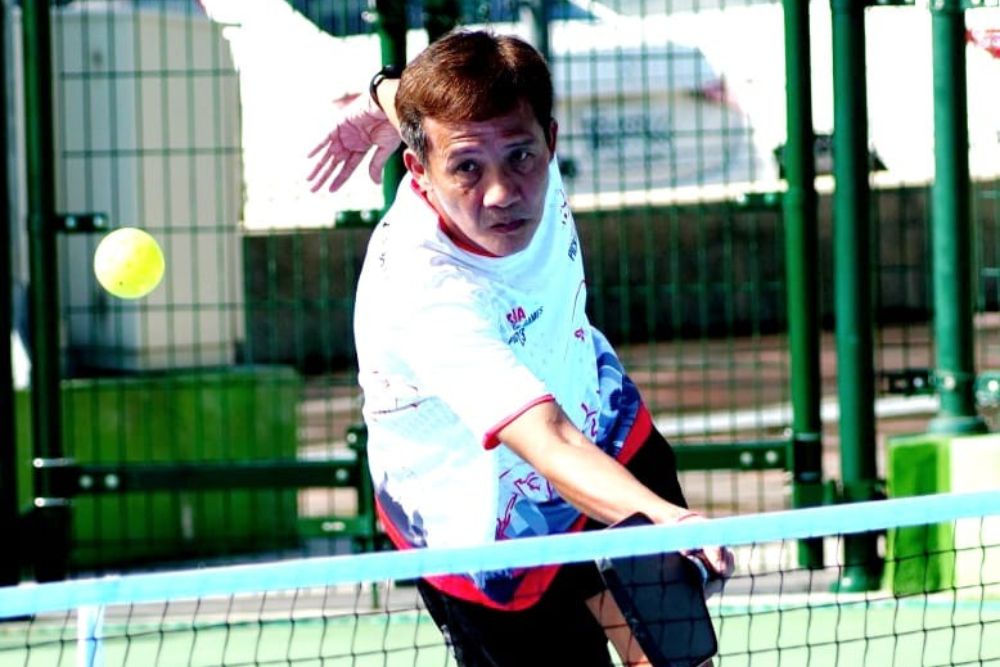
The spry silver picked up the sport after retiring in 2021, before turning decades of experience in other racquet sports like squash and badminton into medals at first the local, then the regional pickleball scene.
During that time, he says that his encounters with some other pickleball interest groups were marked with an undercurrent of distaste for newcomers.
They preferred to keep it to a niche group – only those who were considered good enough to play could join, and I didn’t like that,
he says.
"Every professional begins their career as an amateur. If you can’t even start, how can you ever get better?"
This disdain for amateurs was especially off-putting for the senior, given pickleball’s reputation as a decidedly beginner-friendly sport.
The ball moves slower than squash. You don’t have to cover a huge area like tennis. There is a no-volley zone in front of the net, so it’s not so easy to smash your opponents. You can play both indoors and outdoors,
Roger offers.
"There are a lot of things that make it friendly to newcomers."
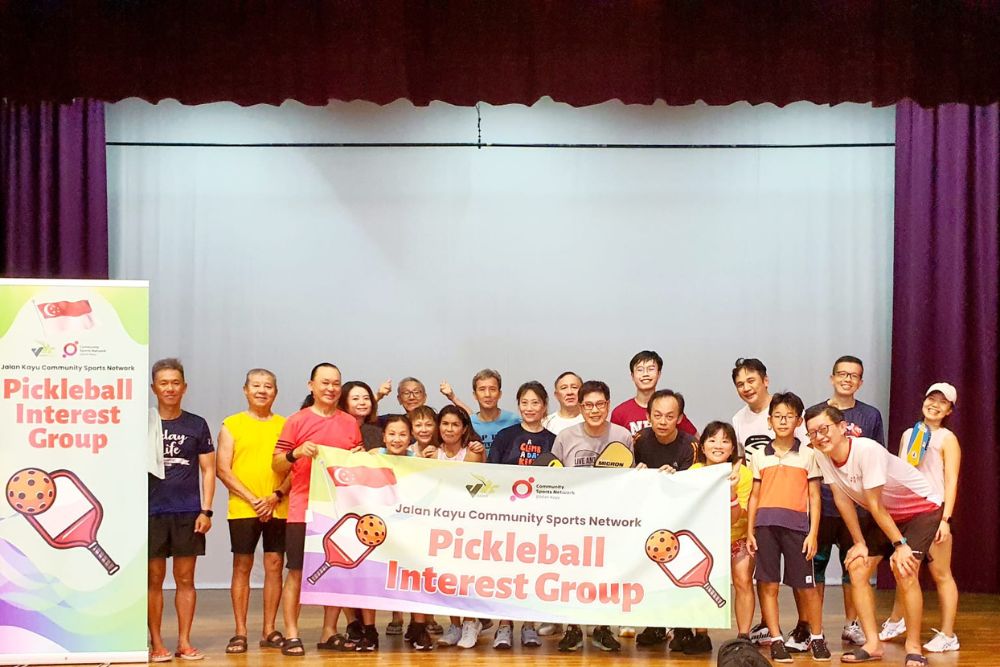
He decided to start his own club with inclusivity in mind, figuring that an “open community” would help players in Top Pro Pickleball to “improve their skills together and grow as a club”.
For a sport to be enjoyable, you must have two elements. It must be social, and it must be competitive. Pickleball is inherently social as it can have up to four players, and it is easily scalable to the skill and fitness of your opponents.
Roger says,
That gives it an element of competitiveness. Win or lose, that’s okay, you can still be happy – but to feel good, you need to feel like you’re able to play to receive and return the ball effectively, to contribute when you’re playing doubles, and to improve as you go along. These are all things that add to your enjoyment of a sport,
he adds.
Darren Teo, founder and director of 200-member Play! Pickle, also recognises the strength of interest groups in developing new players’ skills.
While we do offer coaching, there is a portion of players who prefer to ‘learn by doing’. For them, we organise regular social sessions where they can meet other players to getbetter at the game and make new friends,
says the 47-year-old.
Large network makes it easier to snag a pickleball court
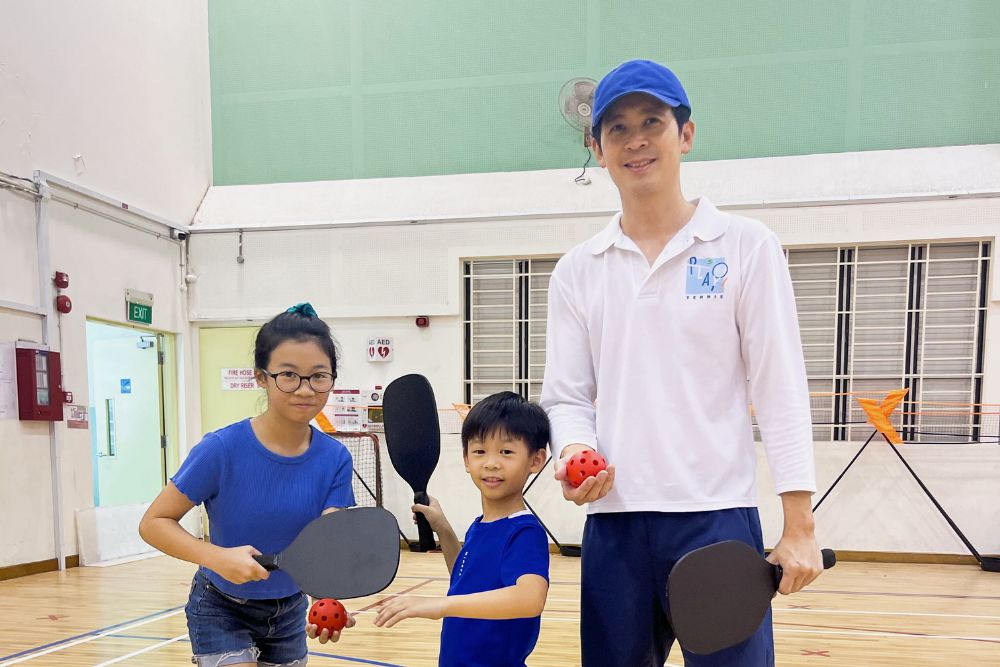
The benefits extend beyond finding pickleball peers to improve one’s skills. There are also practical advantages, like a steady supply of balls, paddles, nets and, most importantly, pickleball courts.
Top Pro Pickleball works with Jalan Kayu Community Sports Network, providing free coaching at bi-weekly pickleball taster sessions at a community club.
In return, it gets an extra court for club members to play, along with some pickleball equipment. The rest of the members and coaches take turns to make bookings at other pickleball courts around the island in clubs, schools and other sports facilities.
Fighting for the courts provided by ActiveSG is too difficult. You have to wait at the website and rush to book exactly at midnight for the week ahead – competition is too fierce. We have a huge network as a club, which makes it easier to find places that are easier to guarantee bookings,
says Roger.
Members of Play! Pickle participating in paid social sessions also get to rent equipment at an affordable taster price of $5, allowing them to try the sport before committing to a purchase. The club holds these sessions at its private court at Red Quarters in Kallang.
Play! Pickle also recently organised a combined tennis and pickleball festival with its sister club, Play! Tennis, that saw the attendance of more than 40 people, seniors included.
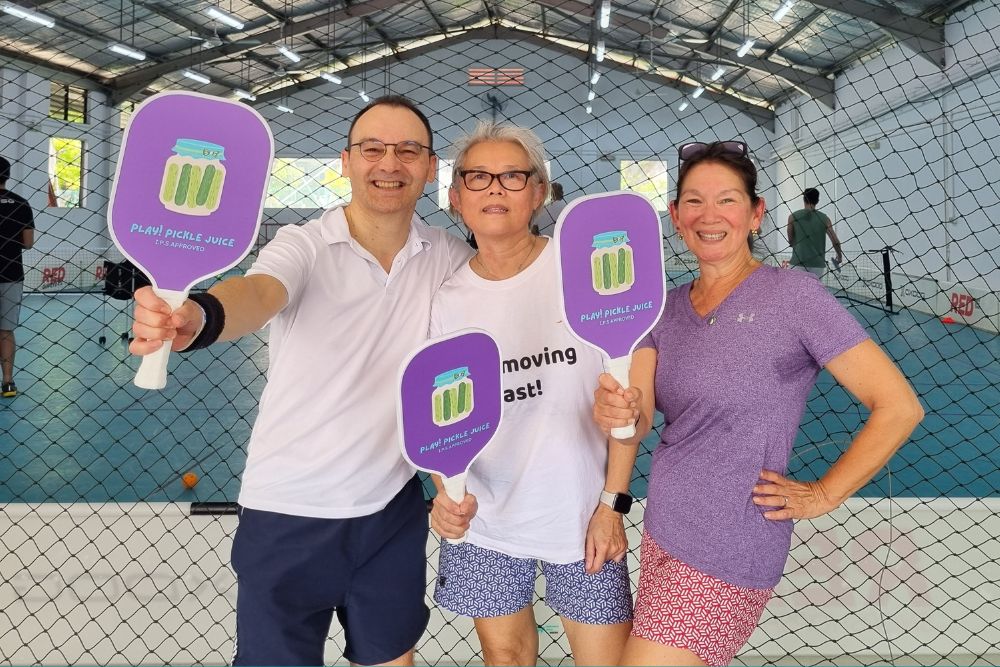
The network of pickleball clubs and interest groups, some attached to government-affiliated organisations like Sport Singapore, also offer opportunities for pickleball players to up their game.
These range from a competitive league between the various community sports networks, to friendly competitions between clubs, and even a pickleball ultra-marathon, with players battling it out for 24 hours non-stop.
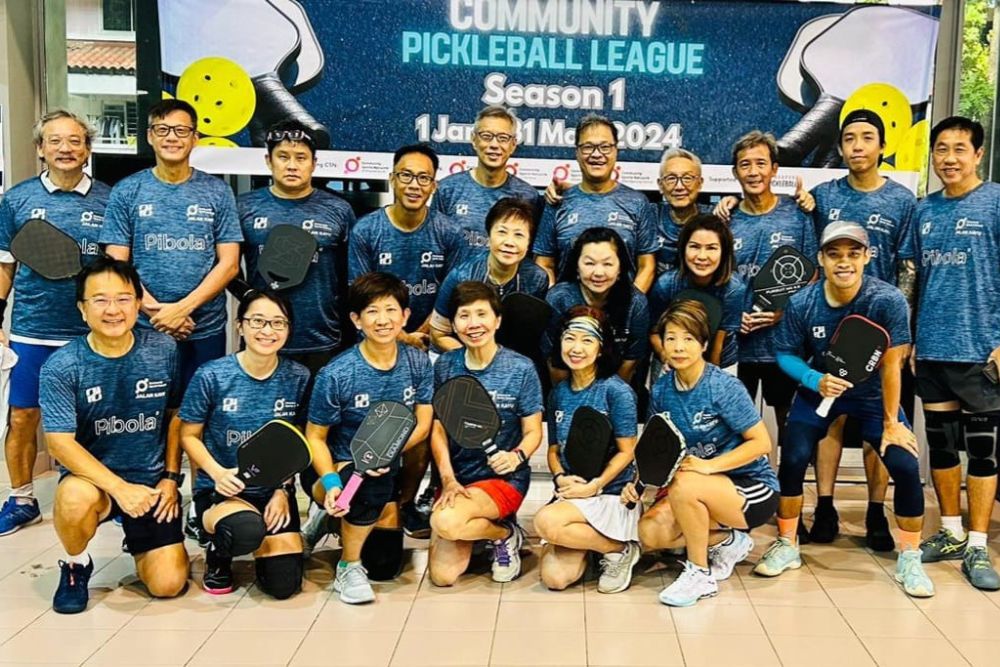
Pickleball competitions are all-inclusive. You can play single, doubles, or mixed doubles; there are different age categories, so you can square off against those who are above 50, 60 or, if you really want to, anyone 19 and up (the Open category).
Roger says,
People who are just here to play pickleball socially will slowly improve, while those who have the aptitude to go competitive will be able to find better opponents to train with. The good thing about the sport’s recent popularity is that there are a lot more younger people joining the field. It’s making the game a lot more exciting for us older folks,
he laughs.



